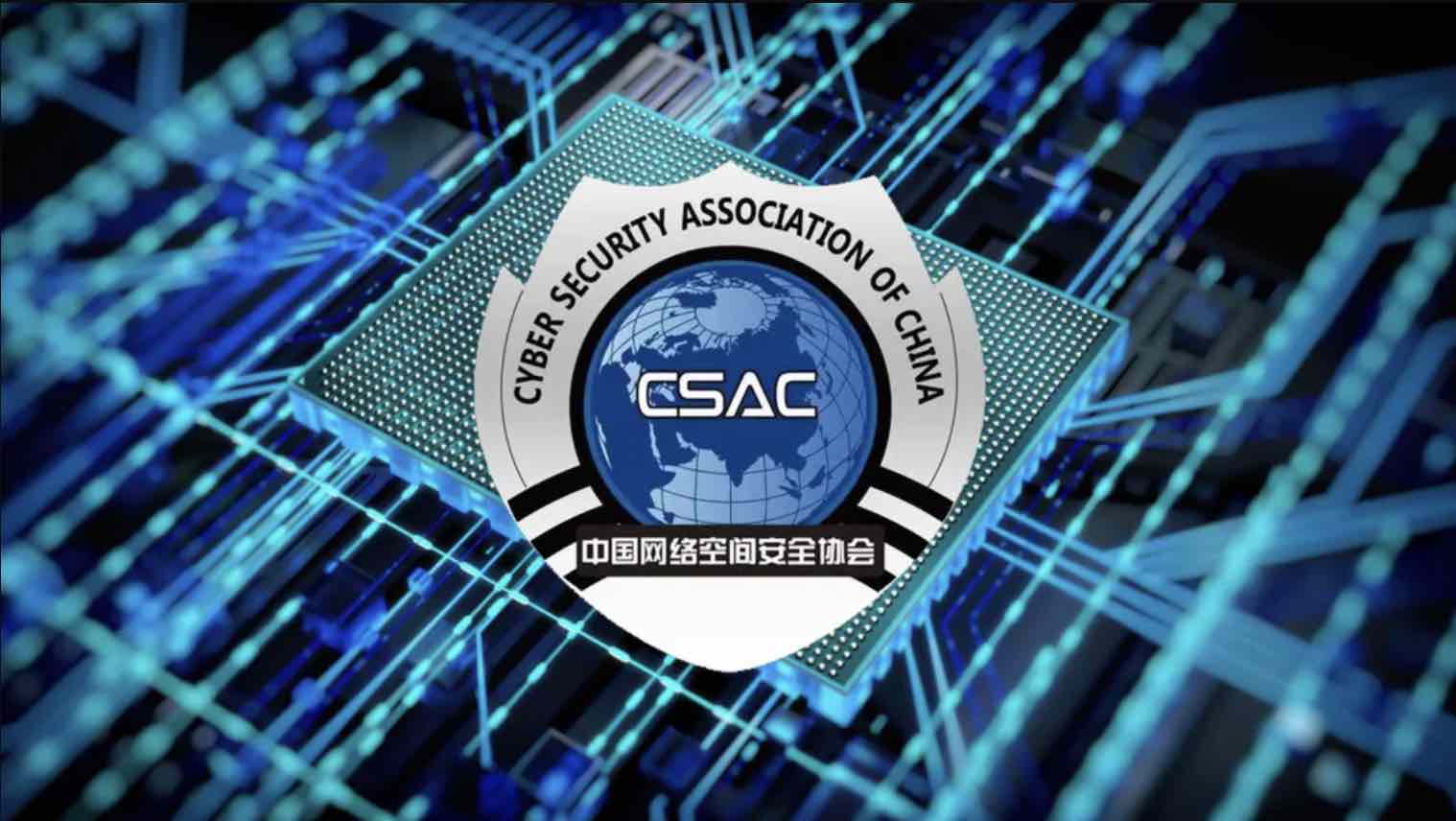Img : thechinaacademy.org
The Cybersecurity Association of China (CSAC) issued a strong statement on Wednesday calling for a security review of Intel products sold in China, claiming that the US chipmaker has “consistently harmed” China’s national security and interests.
Key Developments:
- CSAC’s Allegations
- Claims serious vulnerabilities in Intel chips, including Xeon processors used for AI tasks
- Accuses Intel’s processor operating systems of containing NSA-created backdoors
- States Intel shows “extremely irresponsible attitude towards customers”
- Recommends network security review of Intel products in China
- Intel’s Response
- Intel’s China unit affirmed its commitment to product safety and quality on Thursday
- Pledged to maintain communication with relevant authorities
- Promised to address and clarify any concerns
- Market Impact
- Intel shares dropped 1.5% on Wednesday
- Over 25% of Intel’s revenue comes from China
- Occurred amid broader tech sell-off following ASML’s disappointing update
- Broader Context
- Follows US-led restrictions on China’s access to crucial chipmaking equipment
- Similar to previous security review that banned Micron Technology products
- Could further limit AI chip availability in Chinese market
- Intel recently secured Xeon processor orders from Chinese state agencies
- Potential Implications
- Security review could significantly impact Intel’s revenue
- May affect global semiconductor supply chain
- Could escalate US-China tech tensions
- Potential for retaliatory measures between both nations
Expert Analysis: According to Dan Coatsworth, AJ Bell investment analyst: “Relationships between the US and China are fragile and the more talk about restrictions on trade and tariffs, the more likely the other side will retaliate in a tit-for-tat situation.”
Industry Impact:
- Could tighten AI chip supply in China
- Might affect alternatives to banned Nvidia products
- Potential disruption to Chinese state agencies using Intel processors
While CSAC is an industry group rather than a government body, its close ties to the Chinese state suggest these allegations could trigger a formal review by China’s Cyberspace Administration (CAC). The situation continues to develop as both countries navigate increasingly complex tech trade relations.










